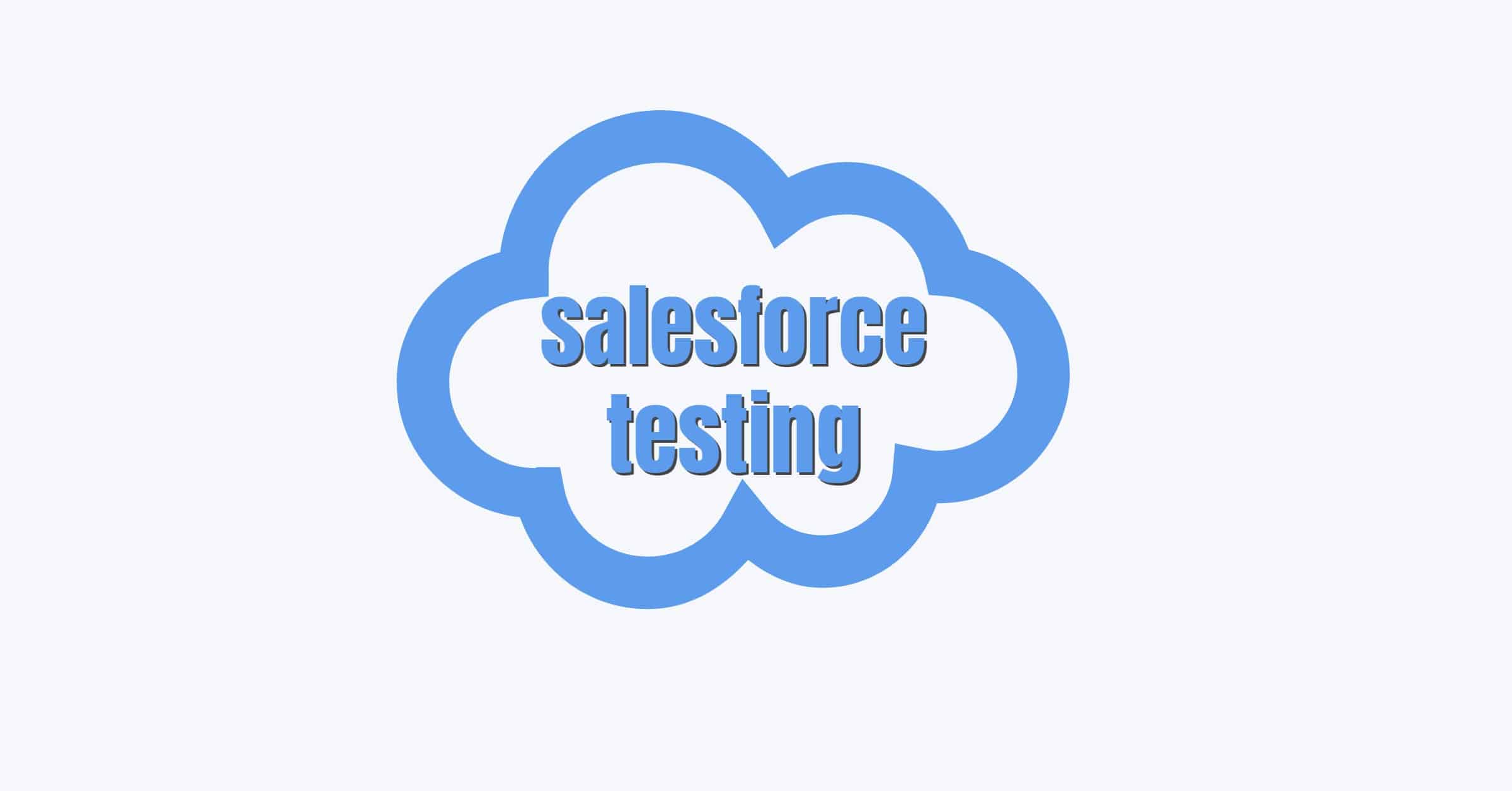Salesforce testing is ever more requested as a service from various software development companies. More than 80 thousand businesses rely on the Salesforce platform for their needs. So, quality assurance is as important for them as sales themselves.
What is Salesforce?
Salesforce is the world’s first cloud-based CRM system. It was founded in March 1999 by Marc Benioff and Parker Harris. The goal of creating this CRM platform is to help users sell, service, market, analyse, and connect with their customers in a cost-effective and simple manner.
SFDC (Sales Force Dot Com) includes a wide variety of standard features that will assist you in managing your relationships with prospects and customers. It also enables you to engage and collaborate with employees and business partners to securely store their data in the cloud.
What is SalesForce Testing?
The great thing about Salesforce is that many of the out-of-the-box features can be customized to meet the needs of a company. Salesforce testing verifies the configuration and customization done in vanilla SDFC.
The challenge is to ensure that a tester is checking customized code rather than testing built-in salesforce functionality. SalesForce CRM is based on the APEX platform development language. It also includes a wide variety of built-in unit test cases to help developers validate their code.
Why Salesforce testing?
The following are the primary reasons for conducting salesforce testing:
- Allows you to verify that the configuration and code are working properly.
- Assists you in ensuring that the completed system can support the client’s business processes.
- Assists you in confirming that the system’s initial build meets the agreed-upon specifications.
- Helps you in detecting problems early on, when they are simple to resolve.
- The status of test cases is reported by functional flows. This enables the team to create functional flows in order to understand the application’s functionality.
- The process builders feature allows you to test the system’s operation and behavior.
- Workflows allow you to test the operation of time-based events.
Functional Salesforce Testing
Salesforce testing might seem like a complicated task. And it really is for a classical test approach using Selenium for UI verifications. The Salesforce platform has numerous third-party systems connected to a common ecosystem. It’s necessary to be aware of the health of these integration points in order to mitigate potential risks when going live.
Functional testing aims to verify that the implemented system features work according to the defined requirements. These functional testing levels should be taken into account when performing testing for Salesforce:
1. Unit testing: Salesforce is based on the APEX programming language so the basic methods and business logic are usually verified by unit tests implemented by a development team. However, unit tests are not enough, especially for the Salesforce ecosystem that has countless integration points.
2. Integration testing of Salesforce is conducted to validate the connection to an expected external system and the impact of this integration on the business logic.
3. System testing is a process when a business flow is validated from end to end conducted by Salesforce subject matter experts. In the scope of this testing, the functionality is validated as an assembled system with components collected altogether.
4. User acceptance testing is basically conducted before delivering the new features into production. Real users validate if the software meets expectations. It is one of the most interesting and most important steps in the whole testing cycle. Before asking the audience to start the user acceptance testing, a software test engineer performs smoke or regression testing on the pre-production environment to ensure that recent deployments didn’t break any key features. If the user acceptance testing is passed, the release candidate can be immediately defined.
Testing as a service is a contemporary approach for testing where companies provide a team of test engineers to a client: both manual and test automation specialists. The benefit of this approach is that these teams have the desired expertise in Salesforce testing.
Ideally, before starting to implement any test automation scripts it is useful to define what should be tested at all. Test strategy is a must for any project. When this question is answered and documented, the next one occurs. What are the test automation candidates, based on manual test cases? When this question is answered, test scripts development could be started and will be mapped correctly to the feature requirements.
Automating Salesforce testing
Generally, test scripts for Salesforce testing should cover the following verifications:
- The health of integrations with external systems is stable.
- Data is represented in a correct way: filtering & sorting, product selection responds to the given criteria.
- Main business flows could be performed: order placement, user data saving, billing, etc.
- User roles and permissions are enforced accurately.
- All business objectives are addressed.
It is important to note that implementing the actual test scripts is the last step of the automated testing process. What’s more important is carefully defining the logic and use cases for these scripts before any scripts are written.
Moreover, test scripts can be implemented for different functional testing levels (unit, integration, system, end-to-end flows verification). The variety of test scripts for Salesforce testing also depends on an understanding of the product in general and testing engineers’ curiosity.
It’s worth saying that technologies also play a significant role in the whole testing process. Quite often customers invest in automated testing but it turns out to be not effective as it takes time and resources on test development and then tests scripts maintenance. It’s a bit of a redundant approach today. Recently, many companies have developed smart test automation tools that create self-healing test scripts. This is a brand new idea in the Salesforce testing world. To sum up, if selected tools reduce time spent on Salesforce testing, they bring value to the entire delivery procedure which is the most suitable scenario for stakeholders.
Read our Bibloteka Guide To Artificial Intelligence









